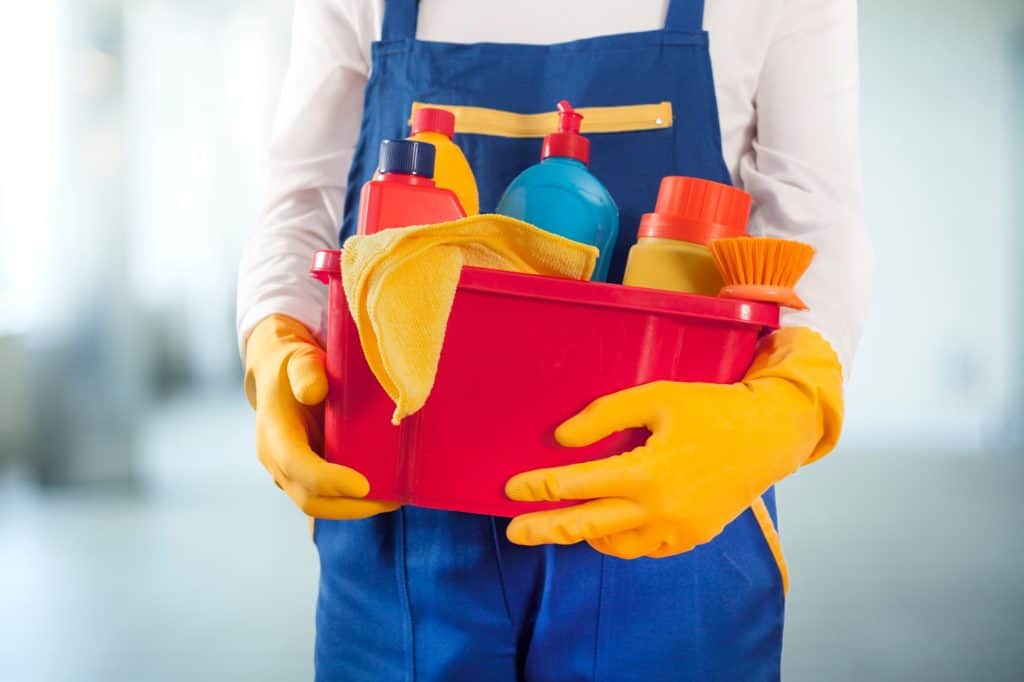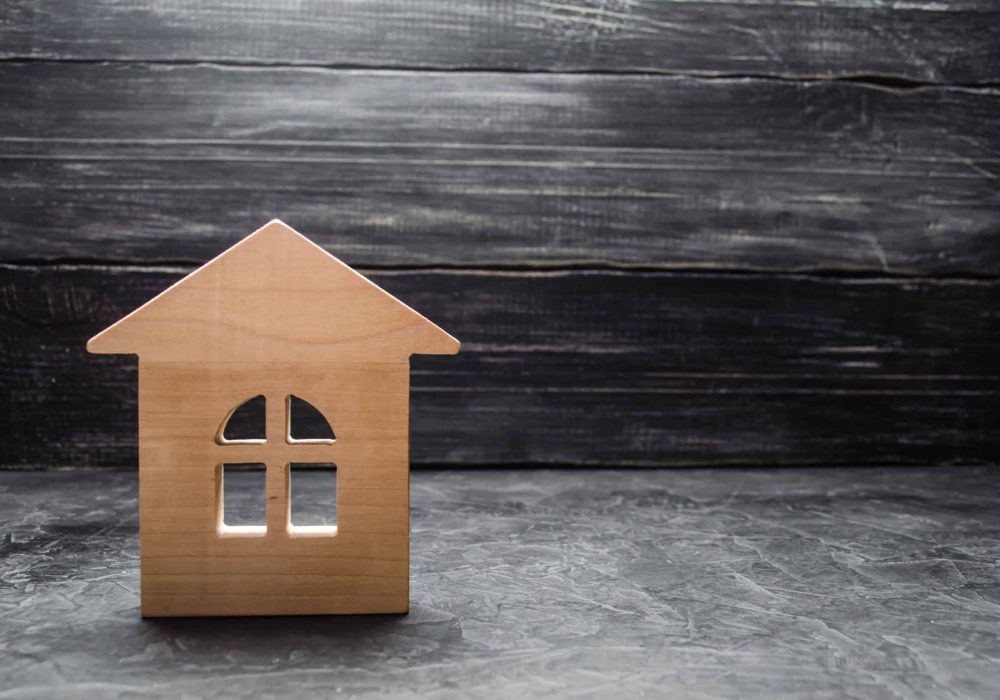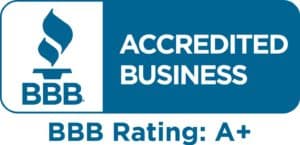Some people really like moldy cheese, but very few actually like a moldy building. Not only can it be unsightly and have a pungent smell, but it can also set off a string of lawsuits if anyone living or working in your building has adverse reactions to it. If you manage a commercial property, you might find that mold remediation is necessary from a liability standpoint. But more importantly, you want your building to feel clean, safe, and pleasant to be in.
Mold: The Bad And The Ugly
There really isn’t a lot of evidence that can connect your typical indoor mold with adverse health effects, but everyone reacts very differently to the presence of mold. This is why there are not a lot of regulations or guidelines as to what constitutes as “mold infested.” But that doesn’t mean that it can’t be a health concern. Those with asthma can have a reaction to the presence of mold, and others can experience symptoms that are similar to the flu or severe allergies. So it is important to address the issue of mold once it has been discovered in your building.
What Causes Mold?
Typically the issue with mold is directly related to a moisture problem in the building. This can be a lack of ventilation in high humidity areas, leaks, and so forth. Mold likes places with little to no sunlight, with no air flow, and lots of moisture, so keeping these conditions to a minimum anywhere in your building is a great first step in preventative maintenance. Indeed, proper maintenance is one of the best ways to prevent mold buildup in a building.

Remediation
If you do end up having a mold problem in your building, identifying the underlying cause is the first step. If you don’t fix the underlying moisture issue, you will have more mold on your hands within days. Your maintenance team can use moisture meters and thermal imaging equipment to seek out sources of moisture such as leaks or improper ventilation. Once the root cause has been confirmed, your maintenance team should be able to tackle the problem. If the mold is too widespread then you might need to bring in a remediation expert, so it really is important to address a mold problem the moment it becomes evident. In other words, the longer you wait, the more expensive remediation can be.
Mold can be quite the fungal pest, but with a good maintenance plan and experts at your side, you can prevent the spread of mold in your commercial property. Check for mold on a regular basis, especially during humid or rainy seasons. If you manage an apartment complex, educate your residents on how to spot mold in their unit so that you can address issues quickly before they become widespread. If everyone works together, mold doesn’t have to be a problem and you and your occupants can breathe easy!








